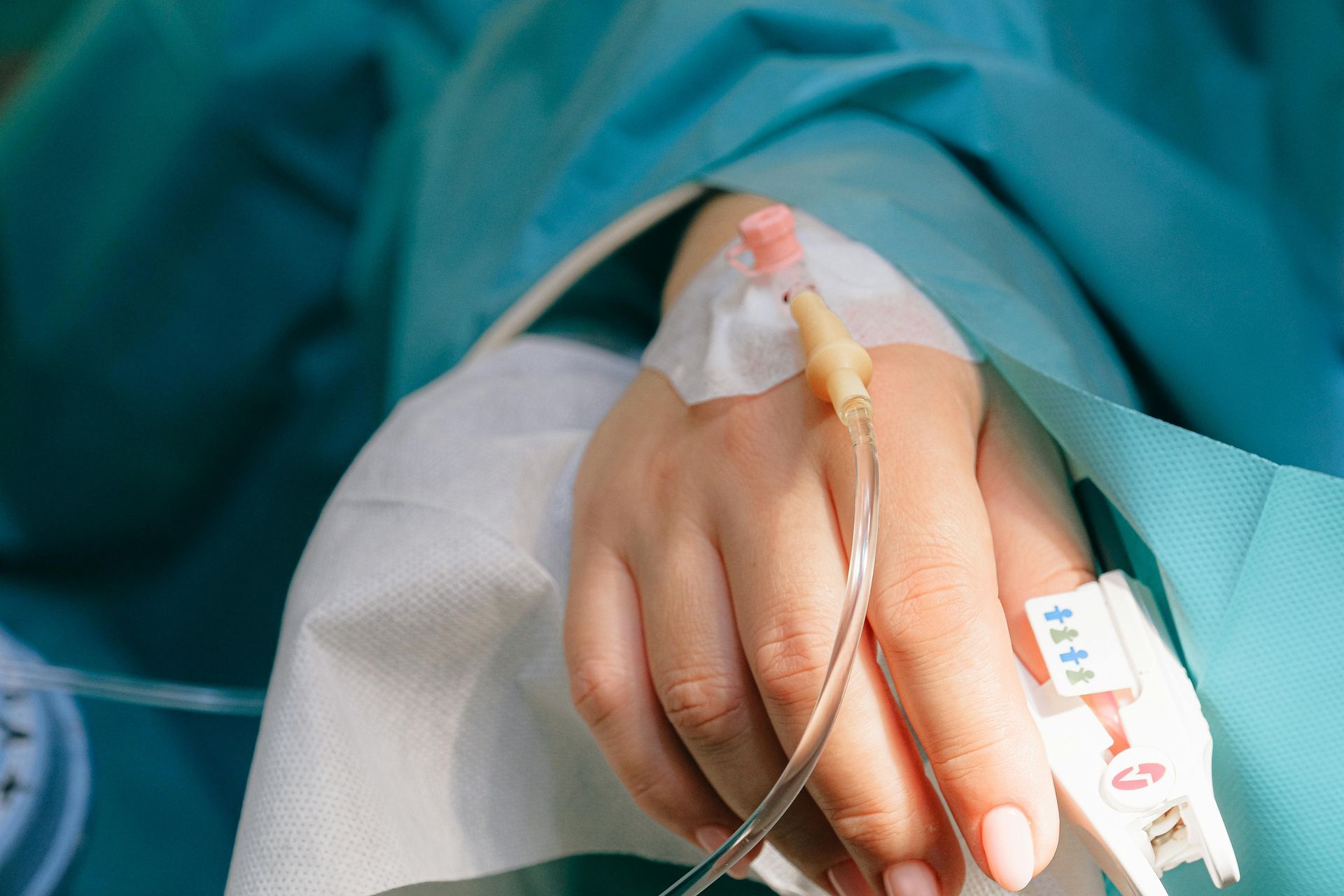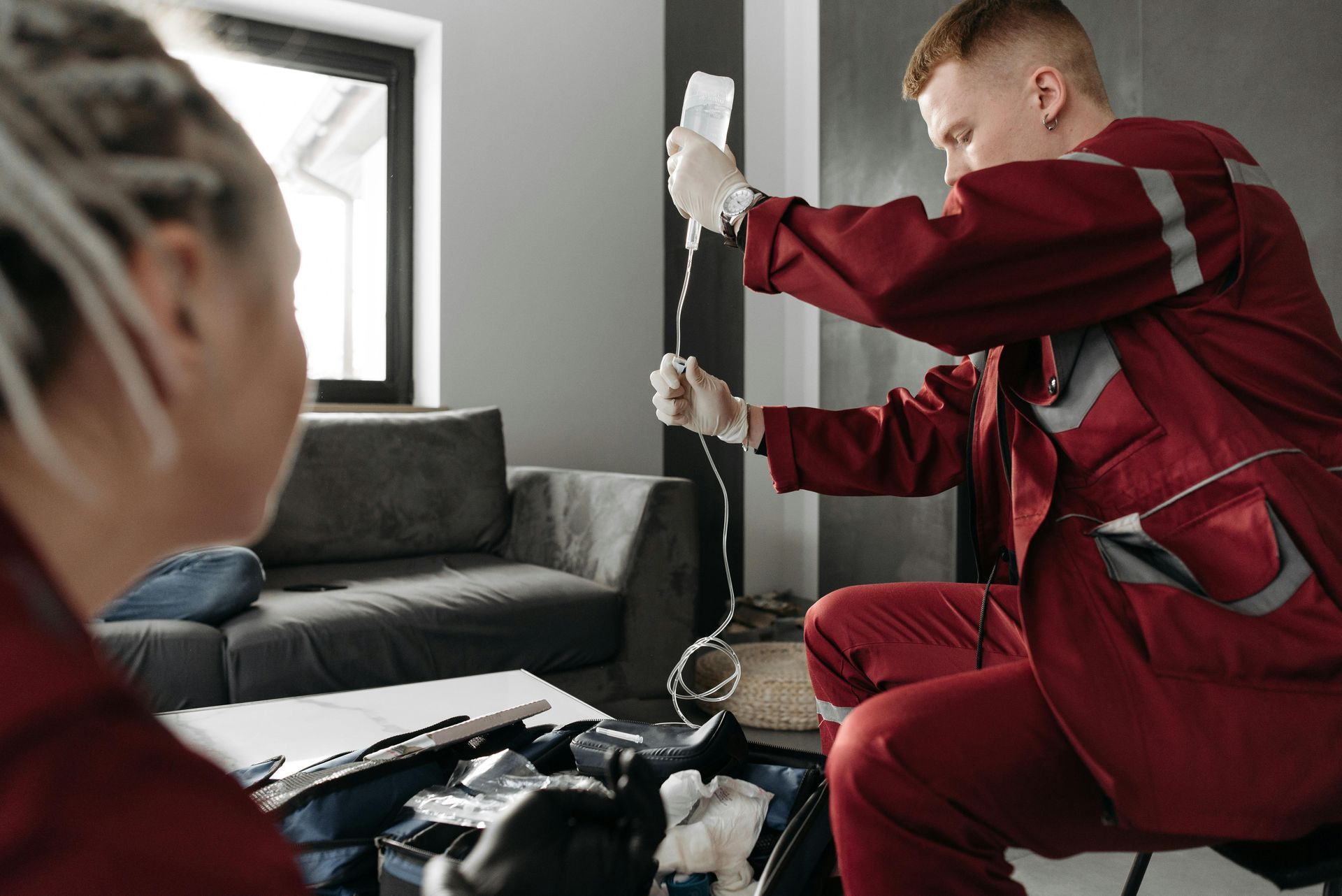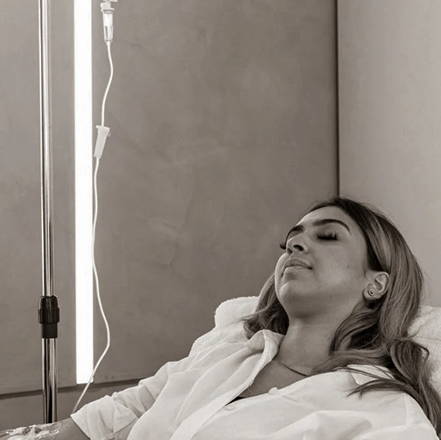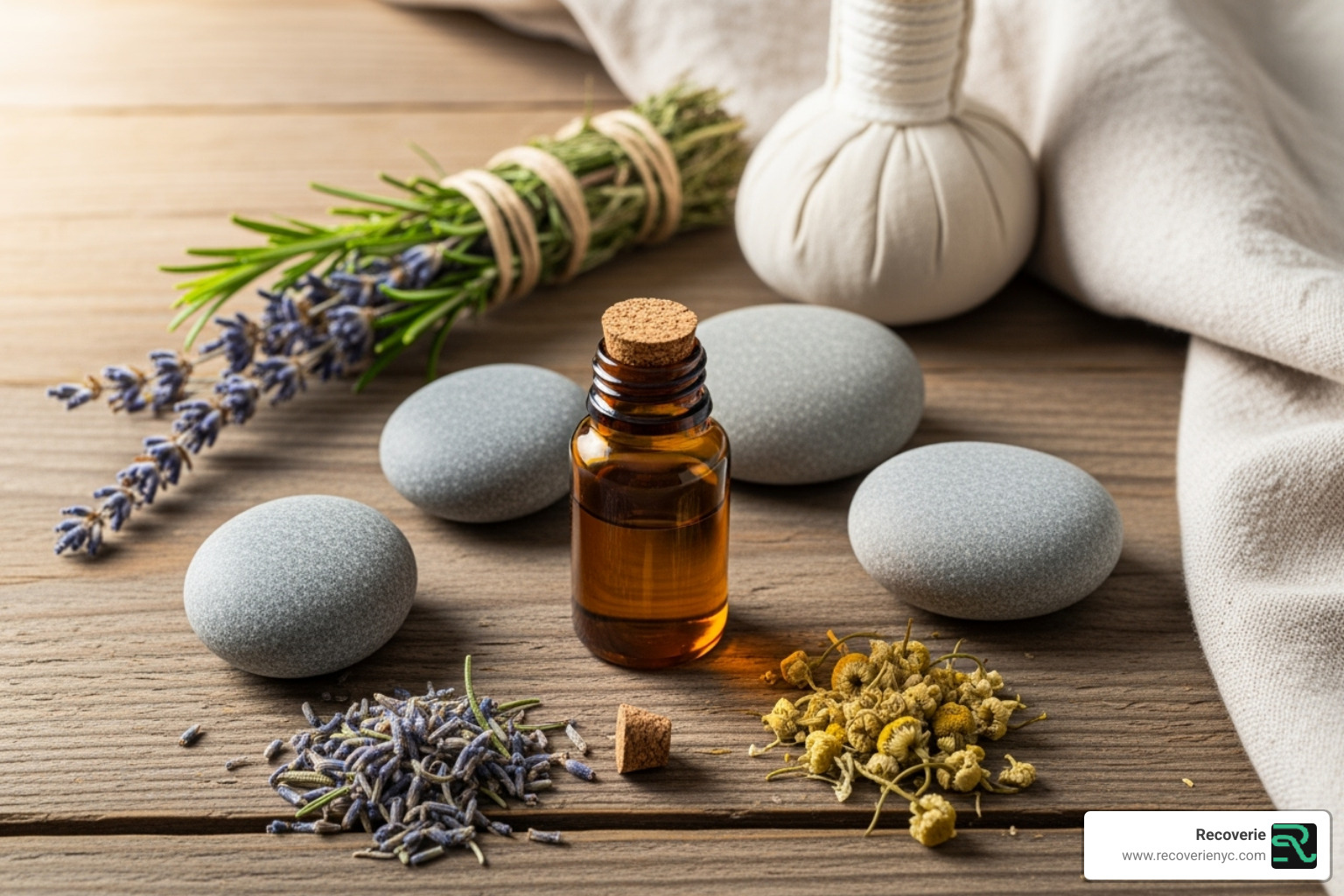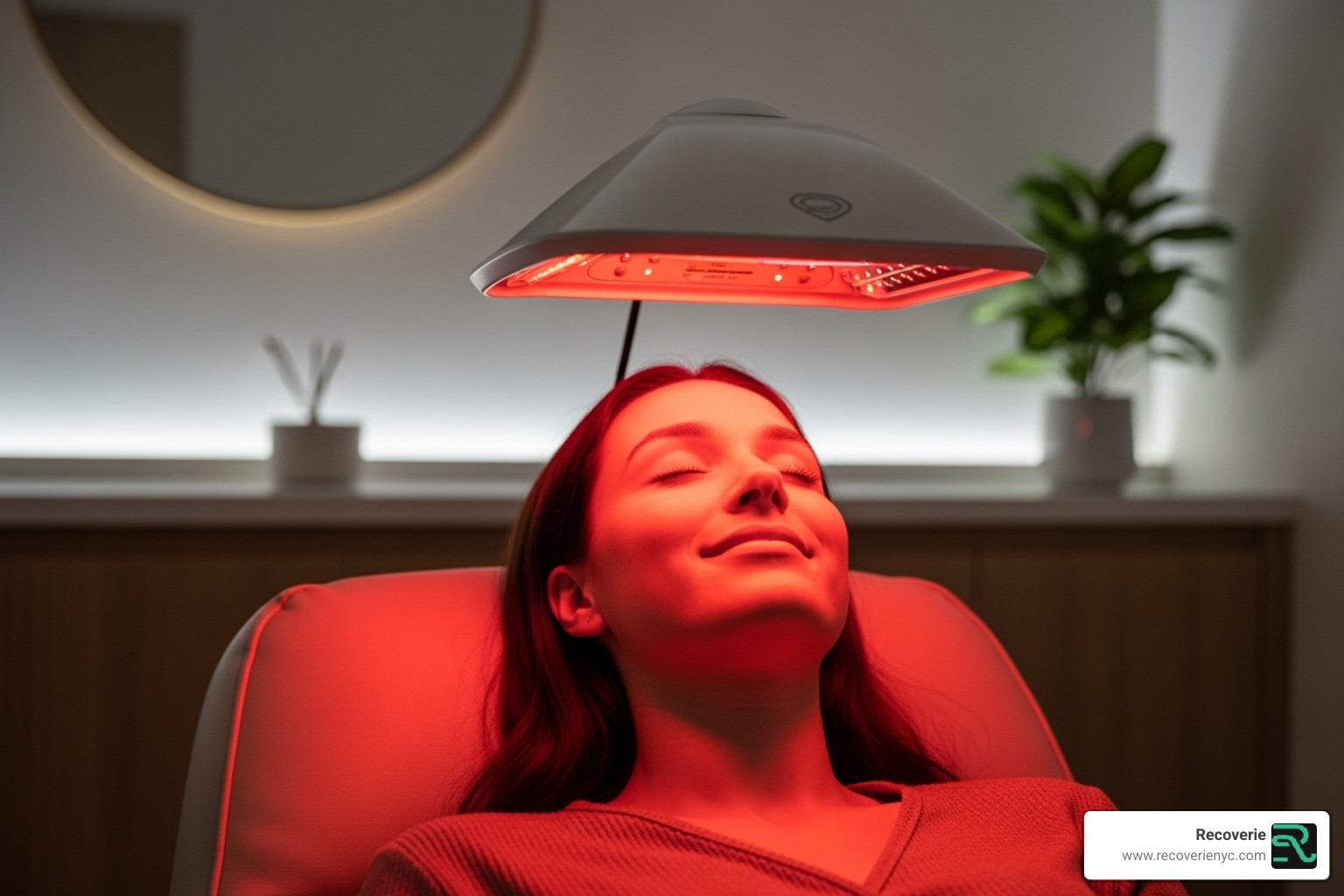How to Prevent Cold and Flu: Everyday and Travel Tips
Travel is exciting, but it also comes with risks. Airports, airplanes, buses, and hotels bring you into close contact with hundreds of people. In these crowded environments, viruses that cause colds and flu spread quickly.
The change in routine also makes you more vulnerable. Jet lag, lack of sleep, stress, and poor hydration all weaken your immune system. This combination increases the chances of getting sick while away from home, especially during flu season.
So, how do you protect yourself? The answer lies in simple but effective habits. By paying attention to hygiene, supporting your immune system, and making smart choices during travel, you can greatly reduce the risk of contracting the common cold and flu.
Pre-Travel Measures
Support Your Immune System
A strong immune system is your first defense against infection. Eat balanced meals rich in fruits, vegetables, and lean proteins before your trip. These provide vitamins and minerals that strengthen immunity.
A flu vaccination or yearly flu shot is also an effective step in flu prevention.
Hydrate well in the days leading up to travel. Water helps your body flush toxins and stay resilient. You can also use vitamin C, zinc, or doctor-approved supplements for extra protection. Always consult your doctor before starting supplements.
For travelers who want additional support, IV therapy is another option. Immune-focused IV drips deliver vitamins like C, zinc lozenges, and B-complex directly into your bloodstream. This ensures fast absorption and may give your body an added boost before you board your flight.
IV hydration therapy restores fluids and electrolytes, preventing dehydration that often worsens fatigue and lowers immunity during flights.
At Recoverie NYC, licensed professionals provide immune-boosting IV treatments tailored to your needs. With safe, convenient care, you can strengthen your defenses and travel with greater confidence.
Manage Stress and Sleep Before the Trip
Stress and poor sleep weaken immunity. In the days before traveling, prioritize quality rest. Go to bed earlier, avoid late-night screens, and keep a consistent routine.
Manage stress with light exercise, meditation, or deep breathing. Entering your trip well-rested and calm strengthens your body’s immunity.
Pack Travel Health Essentials
Preparation reduces your risk once the journey starts. Pack personal items like:
- Hand sanitizer with at least 60% alcohol
- Disposable wipes for high-touch surfaces
- Masks for crowded or enclosed spaces
- A refillable water bottle
- Tissues for coughs and sneezes
- Any supplements or vitamins recommended by your doctor
These small tools make it easier to protect yourself during travel.
During Travel Measures
Wash and Sanitize Frequently
Your hands are the main carriers of germs during travel. Every door handle, ticket machine, or railing you touch holds bacteria and viruses. Hand washing with soap and water for at least 20 seconds removes most of them.
When soap isn’t available, use a hand sanitizer with at least 60% alcohol. Apply enough to cover your palms, backs of hands, and between fingers. Rub until dry for the best protection. Carrying a small bottle in your pocket or bag ensures it’s always within reach.
Avoid Germ Hotspots
Be mindful in crowded waiting lounges and public restrooms. Avoid touching your eyes, nose, or mouth after handling surfaces. If possible, use tissues or disposable paper to open doors or turn faucets. These small steps reduce direct exposure to harmful microbes.
Practice Good Respiratory Hygiene
Cold and flu spread quickly through respiratory droplets. Wear a mask in crowded areas like planes or buses.
Always carry tissues for sneezes and coughs. If tissues are unavailable, use your elbow to block droplets. Dispose of tissues immediately and sanitize your hands afterward. Practicing good hygiene not only shields you but also prevents passing germs to fellow travelers.
Stay Hydrated While on the Move
Air travel often causes dehydration due to low humidity in cabins. Long journeys also limit regular fluid intake. Dehydration weakens your body’s defenses and increases fatigue, making you more vulnerable to illness.
Carry a refillable water bottle and sip often. Choose filtered or bottled water in destinations where tap water may be unsafe. Electrolyte-rich beverages can also help maintain mineral balance during extended travel. Avoid alcohol and too much coffee, which deplete fluids and disrupt sleep.
Prioritize Rest on the Road
Travel often disrupts sleep, but rest remains crucial. Use travel-friendly tools like eye masks, neck pillows, and noise-canceling headphones to improve comfort. Have short naps during long journeys to give your body recovery breaks.
Try to stick to a consistent sleep schedule once you arrive, helping you adjust quickly and stay healthier.
When to Seek Medical Care While Traveling
Sometimes, precautions are not enough. Seek medical help if you experience a high fever, severe cough, or difficulty breathing. These may be an emergency warning sign of something more serious than a common cold.
If you’re abroad, travel insurance and telemedicine services can connect you to trusted doctors. Many destinations also have urgent care centers for visitors. Acting quickly ensures small issues don’t become major problems.
Staying prepared and knowing when to seek help is just as important as prevention. With the right support, whether through healthy habits, hydration, or professional IV therapy from trusted providers like Recoverie NYC, you can travel with confidence and peace of mind.

